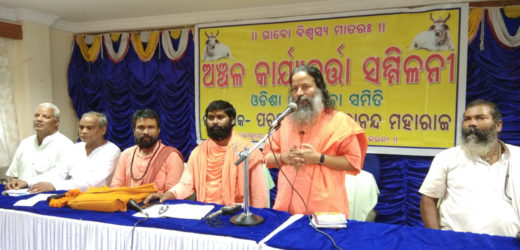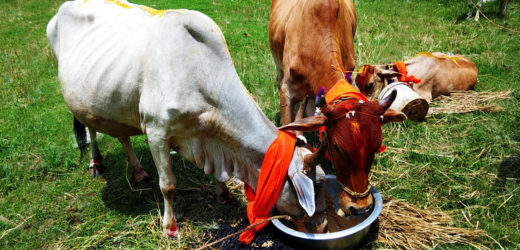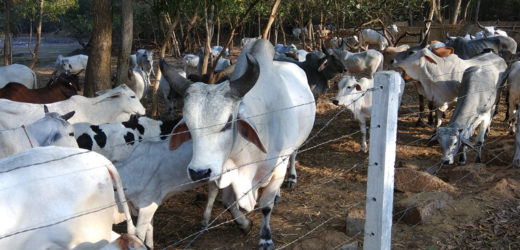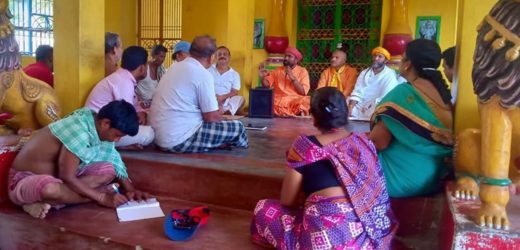There are many Navaratras in Indian tradition. Like the popular Sharadiya Navaratra and Vasantika Navaratra, Navaratra is also observed during the Hindu months of Ashada and Magha also.
In the auspicious month of Kartika, the auspicious 9 days period from Shukla Pratipada (Giri ovardhan Puja) till the day of Amla Navami, is celebrated as the Go-Navaratra. In the Devi Bhagavatam it is mentioned that the Adi Gau Mata Surabhi was born on the day of Deepavali Kartika Amavasya, that is, one day before the Gau Navaratra celebrations. Therefore, there is a tradition of celebrating this holy period of 9 days in the honor of the mother cow.
During these 9 days, the Gopashtami or Gaushtasthami is celebrated on Kartika Shukla Ashtami which bestows prosperity to the individual, society and nation. On this day the go-charan leela of Lord Krishna began when he was only 6 years old.
Practice of various upasanas of cows in the holy month of Kartika offers incomparable blessings. It is believed that those who observes these upasanas with sincerity and dedication are blessed with prosperity and happiness. These upasanas also bestow freedom from conflicts, sins and the threefold afflictions. These upasanas invoke the the grace of gomata and Lord Krishna and one obtains the four-fold purushartas namely dharma, artha, kama and moksha.
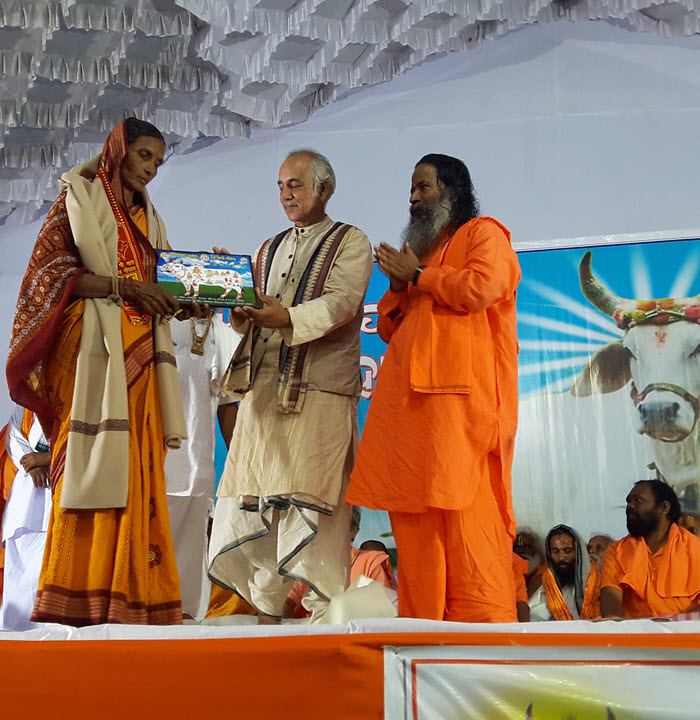
It is recommended to become a go-vrati with a clean and pious mind. An upasaka should chant the holy surabhi mantra during this period while maintaining a satvic diet and purity of body and mind. He should then bathe the holy mother cow and worship her with devotion and faith. He should take her for a walk, feed her with love and apply the holy dust from her feet on his forehead. He should then lovingly rub her skin with a brush or hay and do circumambulation (pradakshina) around her.
During the Navaratri it is customary to partake of panchagavya every day. Looking upon the cow as the divine mother and offering one’s karmas with a sincere heart eliminates all of one’s sins and afflictions. The upasana also includes participation in go-bhajan, go-kirtan, go-katha, gosatang and contemplation on her magnanimity and purity. Caring for the sick go-vansha, practice of fasting, charity, dharma and yajna are also practised as upasanas during the Go Navaratra.

